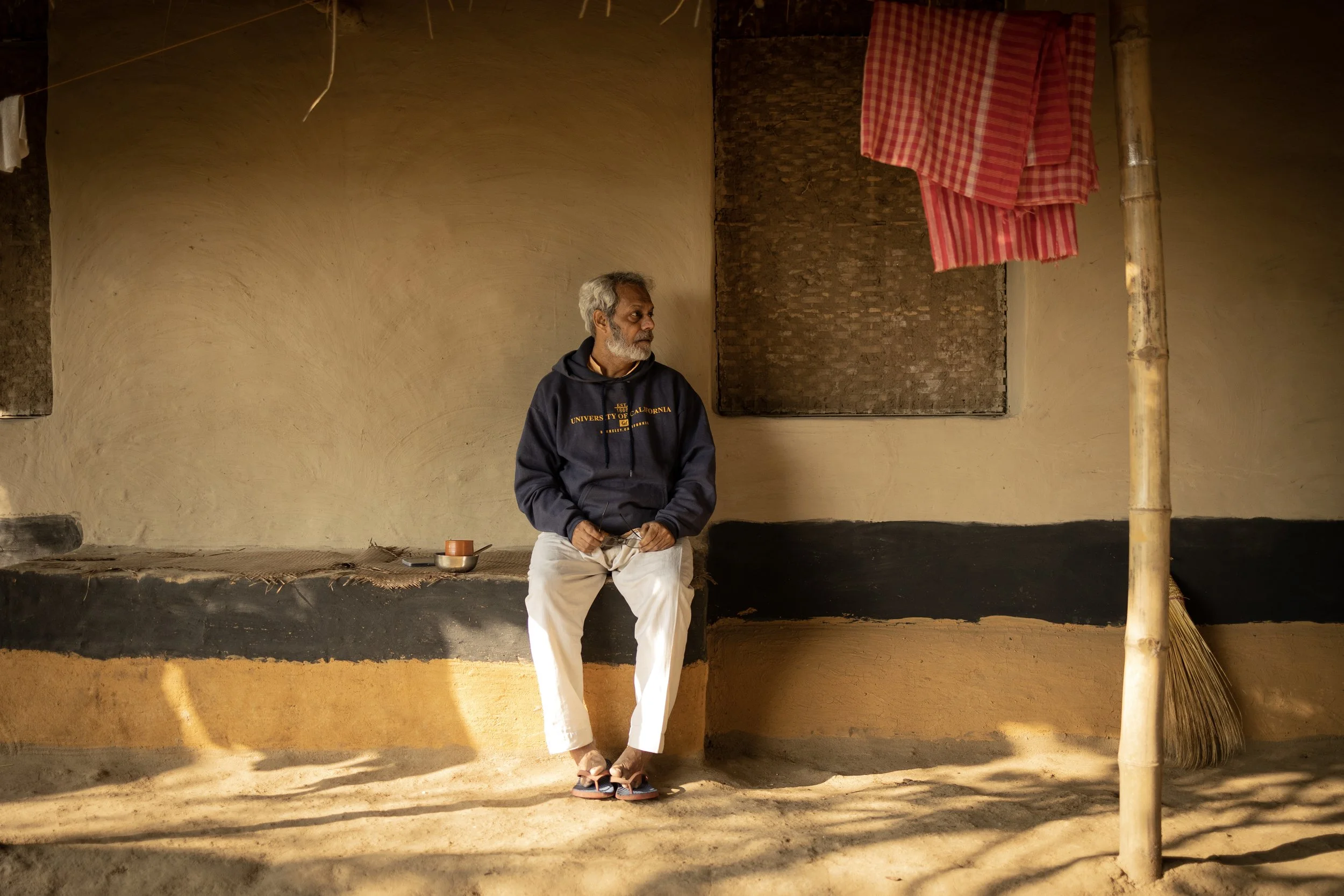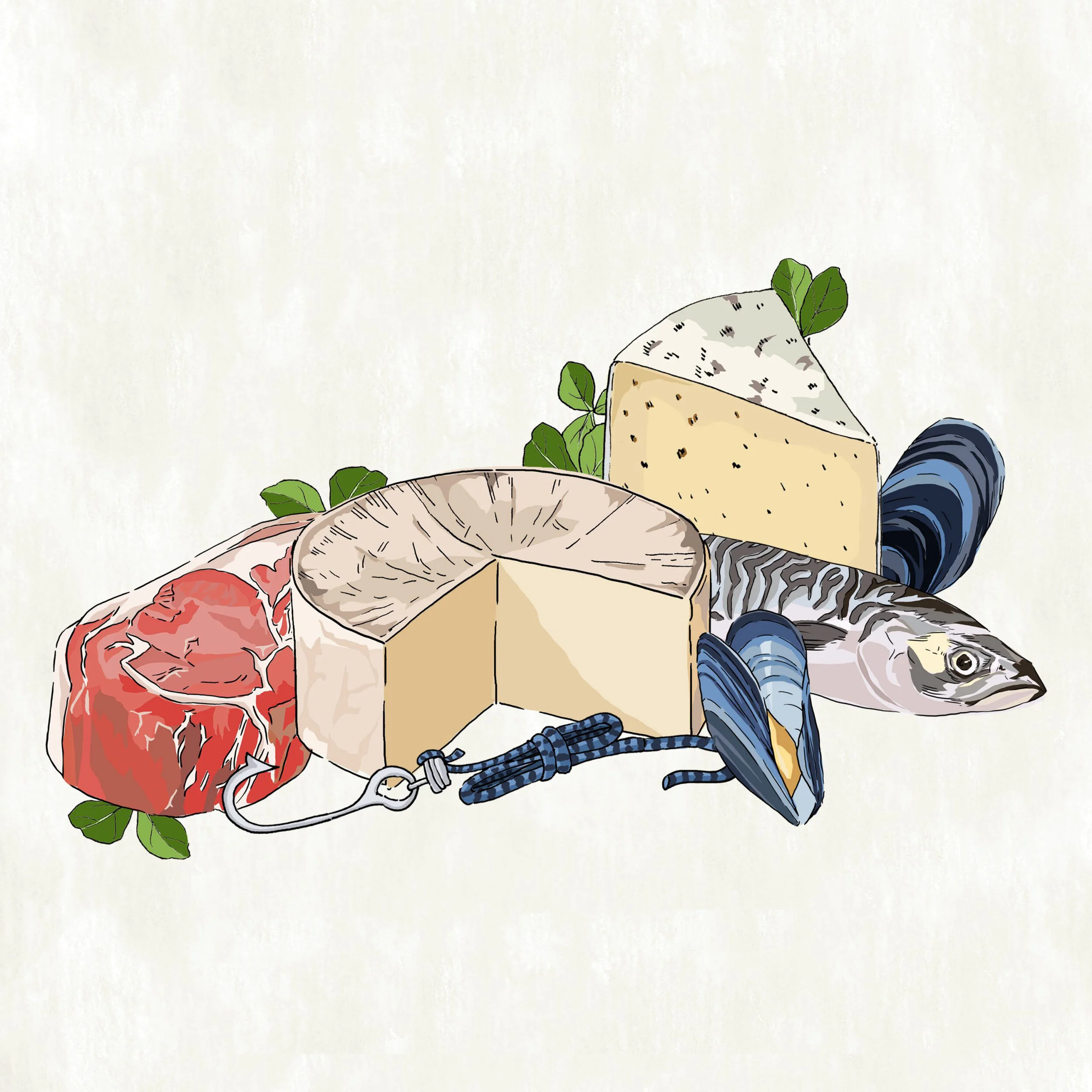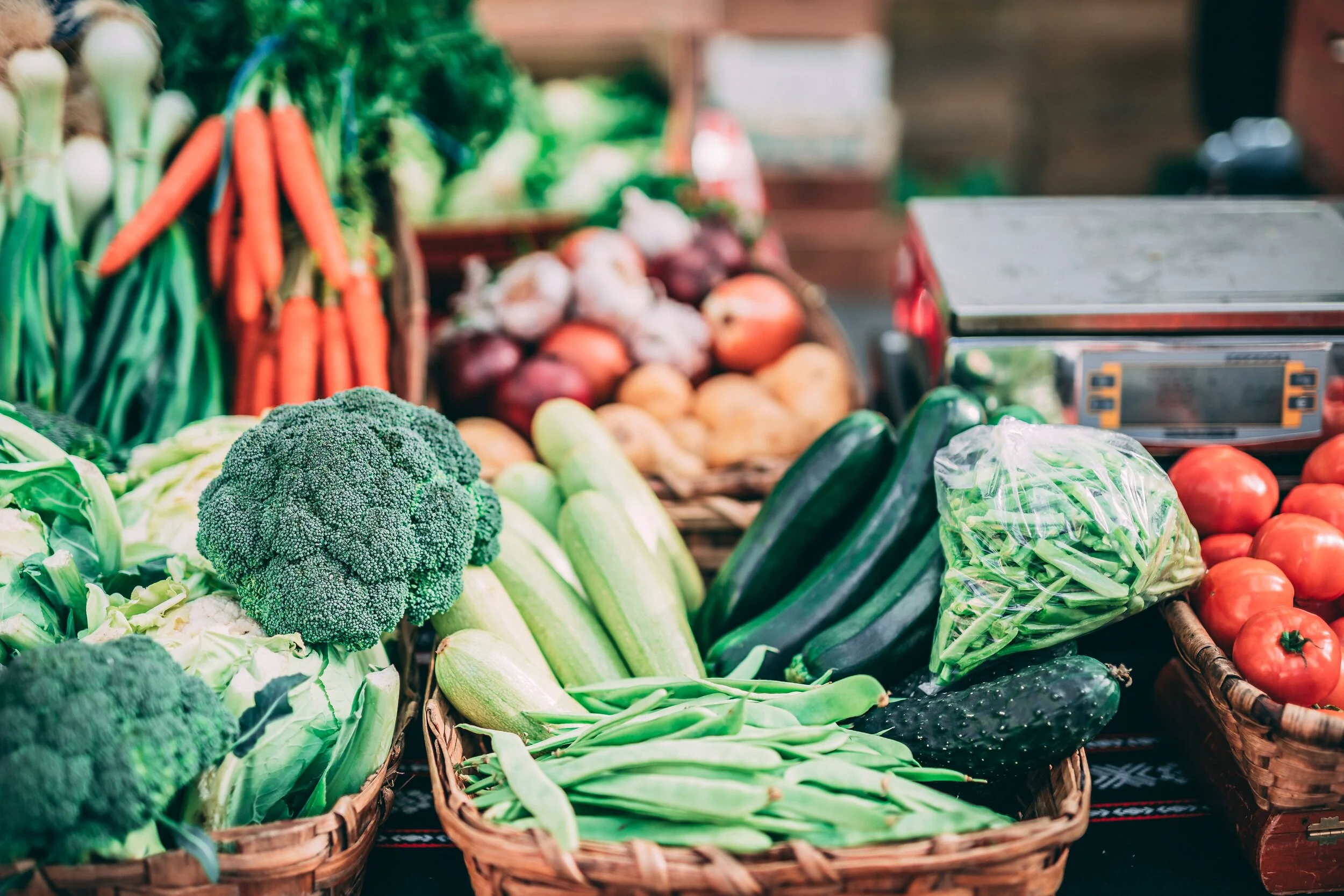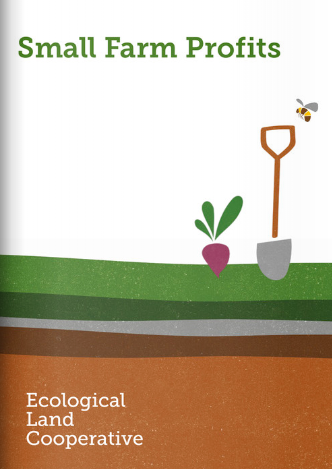Written by Lauren Simpson & Phil Moore, Ecological Land Cooperative
Steepholding’s meadow at ELC’s Greenham Reach site, Devon.
Greenham Reach, the Ecological Land Cooperative’s first cluster of small farms, in mid Devon, is a prime example of Agroecology in action. What was once made of pasture and arable fields is now a mosaic of biodiversity and interlocking crops.
If ‘Big Ag’ can be caricatured as the big thrusting spear possessed by Goliath then allow us to think of Agroecology as made up of the David’s of the world — small in scale and generally in the position of the underdog.
Perhaps a little crude, and like many concepts there’s more to it than a simplistic either/or binary, I think there’s much to be made of positioning Agroecology in contrast to ‘Big Ag’ (by which I mean large-scale farms designed solely for the pursuit of profit above all else).
Agriculture is central to human society. It plays a role in our well being, the management of the land and country(side) and informs our culture. And there are many forms of agriculture. From the broad industrial scale cattle ranches to the family farms selling duck eggs at the end of the track.
Regardless of scale, these agricultures operate in the material world. We are living in a time where we see more clearly than previous generations the interlocking threads between the use (and abuse) of natural resources and biodiversity crashes; hunger and the (mis)distribution of food; population growth and pollution all of which are entwined within the wider arc of climate breakdown.
Ah my little lambs - April is lambing season, the species rich meadow provides a perfect nursery and lunch.
What this has come to mean is that agriculture — its very definition and articulation — has been contested. The post world wars narrative of hyper production is being challenged. This is partly through political choice, that is, the approach taken by farmers in the first place, but also prompted by the challenges mentioned above and the search for solutions.
Agroecology, simply put, is about reconnecting these threads in an ecological way. By restoring relationships between farming and food, ecology and the environment, and the source (e.g. the water we all share and the soil we all use) and society, Agroecology seeks to create a more sustainable foundation for agriculture.
By replacing chemical inputs with natural sources of fertility, employing natural techniques over intensive production methods; celebrating and welcoming biodiversity and stimulating interactions between plants, animals and the land — as well as taking into account human culture and sensitivity to place — Agroecology encompasses a wider view of agriculture that can mutually support long-term soil fertility, furnish healthy ecosystems and provide worthy livelihoods. Agroecology then is the application of ecology in agriculture
Any small, human-scale system such as Agroecology is by definition more supple than a lumbering Goliath. As a methodology and a practise, Agroecology is responsive to context-specific design and the needs of place.
And the restorative potential of Agroecology can be evidenced in our first project, Greenham Reach, a cluster of three smallholdings in mid-Devon. A five year temporary planning permission was granted for the project in 2013, with permanent permission given in 2018, allowing the 22-acre greenfield site to develop shared infrastructure and three new farm businesses (each tied to an agricultural dwelling).
An ELC tenant in their market garden at Greenham Reach, Devon.
The Ecological Land Cooperative (ELC) works to create affordable ecological smallholdings for new entrants to farming – those who would ordinarily be unable to afford a house in the countryside yet who wish to earn a living through farming. And a large part of our ethos is informed by ecological agriculture, or, Agroecology.
ELC tenants are legally tied to a Management Plan and an annual monitoring process which we carry out for ourselves and report back to the local authority on the site’s progress.
The monitoring report is one of the key aspects of our work in demonstrating that taking marginal agricultural land (in the context of the UK we take this to mean land that has formerly been used for single cropping or single live-stocking) and creating an ecologically oriented system which is diverse and sustainable and that directs solutions toward environmental and social benefits as well as economic ones.
Pollinators are vital for an ecosystem to thrive.
Greenham Reach has been transformed from an area of farmland typical for south-west England (moderate but not exceptional richness for wildlife) into a cluster of diverse horticultural holdings with great potential value for biodiversity according to our ecology reports.
In 2009 the site was composed of two intensively managed arable fields and two fields of permanent flood plain pasture with a small area of species-rich, agriculturally unimproved grassland and mature hedges. Between 2013, when the first smallholders moved in, and 2017, the diversity of habitats increased— particularly on the former arable fields.
These fields were conventionally farmed with a single crop and the typical inputs of fertilisers and agrochemicals. Transformed in a very short space of time into a mixture of perennial herb beds, shrubs, vegetable growing areas, tussocky grassland and mixed pasture this mosaic of habitat now offers a great source of nectar and pollen for flower-feeding invertebrates such as bees, butterflies, moths and hover flies. What was once a single crop field has now become a tapestry of life. This is Agroecology in action no matter how small or grand in scope.
With the planting of more trees, the maintenance and enhancement of hedges have been of value to breeding and wintering birds. Although not proven to be present, these hedges also provide ideal habitat for dormice. The small area of species-rich grassland is of great importance locally and nationally. Very little of this rare habitat is recorded in the DEFRA Priority Habitat inventory within a 10km radius. The juxtaposition of agriculturally unimproved grassland and mature hedgerow is also likely to offer good feeding habitat to bats.
According to our ecologists these improvements are based entirely on the site management and hard work of the smallholders. Committed to ecological agriculture the occupants have been informed by permaculture and inspired by Agroecology. In the very seed of the design, where diversity is valued, natural approaches favoured and wildlife celebrated, the three small farms demonstrate that environmental, economic and social benefits can sit side by side.
ELC tenants amongst the herbs.













































